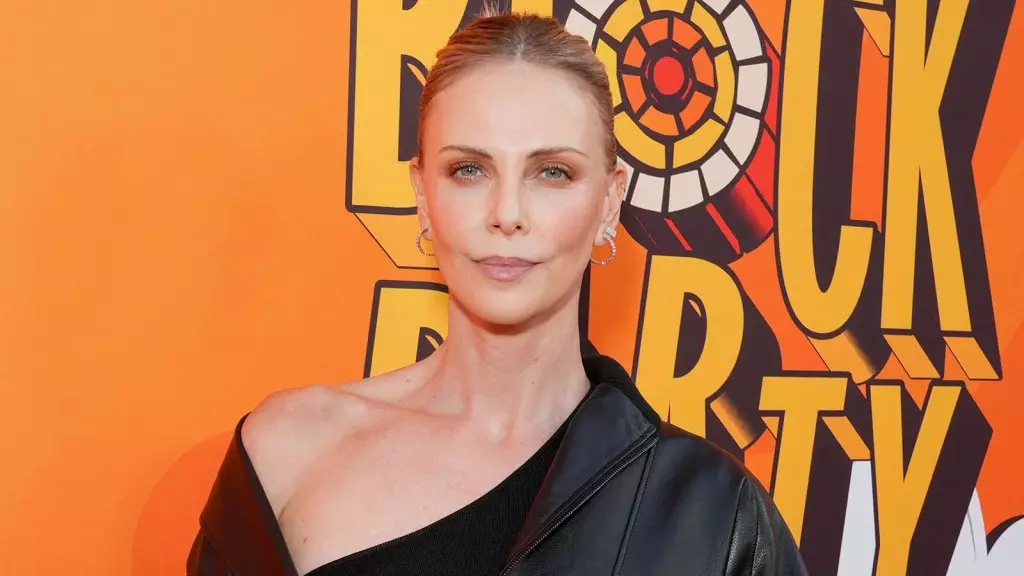In Hollywood, where fame often conceals uncomfortable truths, Charlize Theron’s candid reflection on her past encounter with a predatory director exposes a disturbing underbelly of the entertainment industry. Her decision to remain unnamed reveals a deeper flaw: the pervasive culture of silence that enables predators to exploit emerging talent. Theron’s story is not just about confronting an individual; it’s a critique of a system that inadvertently permits such misconduct under the guise of trade secrets and professional discretion. Her silence is a powerful statement, challenging the false notion that protecting anonymity shields predators or helps victims heal.
The Cost of Silence and the Power of Speaking Out
Theron’s hesitance to name the director initially stems from a conflicted desire to protect her own peace, but her subsequent refusal to let him escape accountability stands as a testament to her integrity. She recognizes the corrosive effect silence has on justice, especially in an industry where reputation can make or break careers. Her voice shifts the conversation from victimization to resilience, emphasizing that silence only fortifies the predators’ power. In a broader social context, her stance underscores the importance of a liberal ethos—supporting victims and pushing for systemic change rather than succumbing to the comfort of obscurity.
Empowerment Through Honest Confrontation
Theron’s refusal to name her abuser highlights a central dilemma in addressing harassment: anonymity versus transparency. While some may argue that protecting identities fosters healing, it can also perpetuate a culture where predators remain unchecked. The actress’s decision not to reveal the direct’s name illustrates her belief in accountability without sensationalism. Her willingness to speak honestly, even anonymously if necessary, signals a move toward a more conscientious industry—one that values courage and integrity over out of fear or pragmatism. Her story invites others to reconsider the price of “professional politeness” that often silences victims.
Systemic Change Begins with Individual Acts of Courage
Theron’s narrative is a microcosm of a larger issue—how power asymmetries can result in abuse and how silence preserves predators’ dominance. She rightly refuses to let this man’s actions define her career or self-worth, demonstrating that individual resilience can be a catalyst for change. But her story also highlights a societal failing: the need for stronger protections, clearer boundaries, and a cultural shift that no longer tolerates exploitation under any guise. Her stance challenges the industry to stop rewarding silence and to foster an environment where victims feel empowered to speak out, knowing they are supported by a society that values justice and dignity.
In sum, Charlize Theron’s experience underscores the urgent necessity for accountability and transparency in Hollywood and beyond. Her silence on the identity of her abuser is not a sign of weakness but a deliberate act of resistance—an attempt to shift the narrative from victim-blaming to rightful justice. The industry, and society at large, must evolve to prioritize safety over reputation, ensuring that no one’s silence allows predators to thrive unchecked.



Leave a Reply